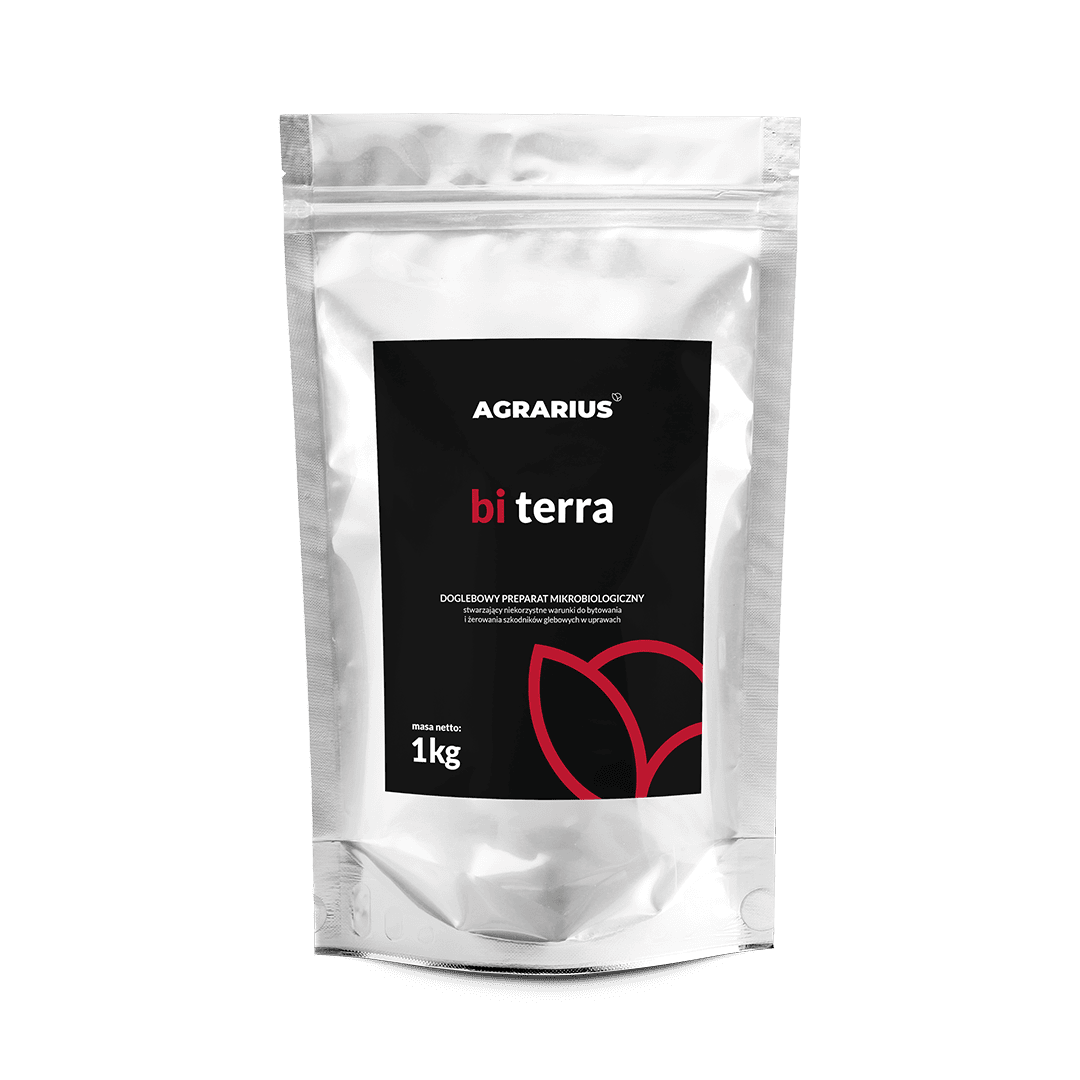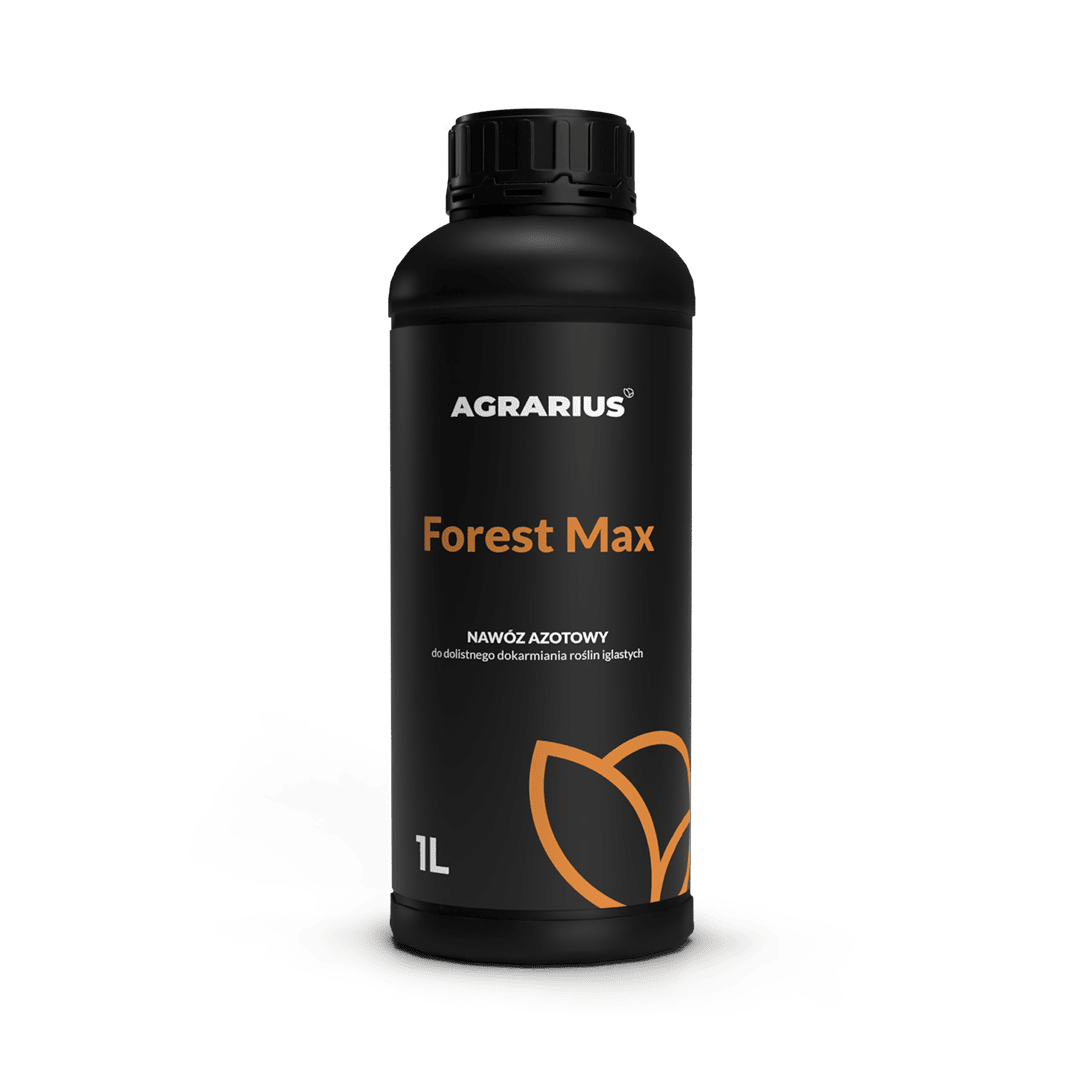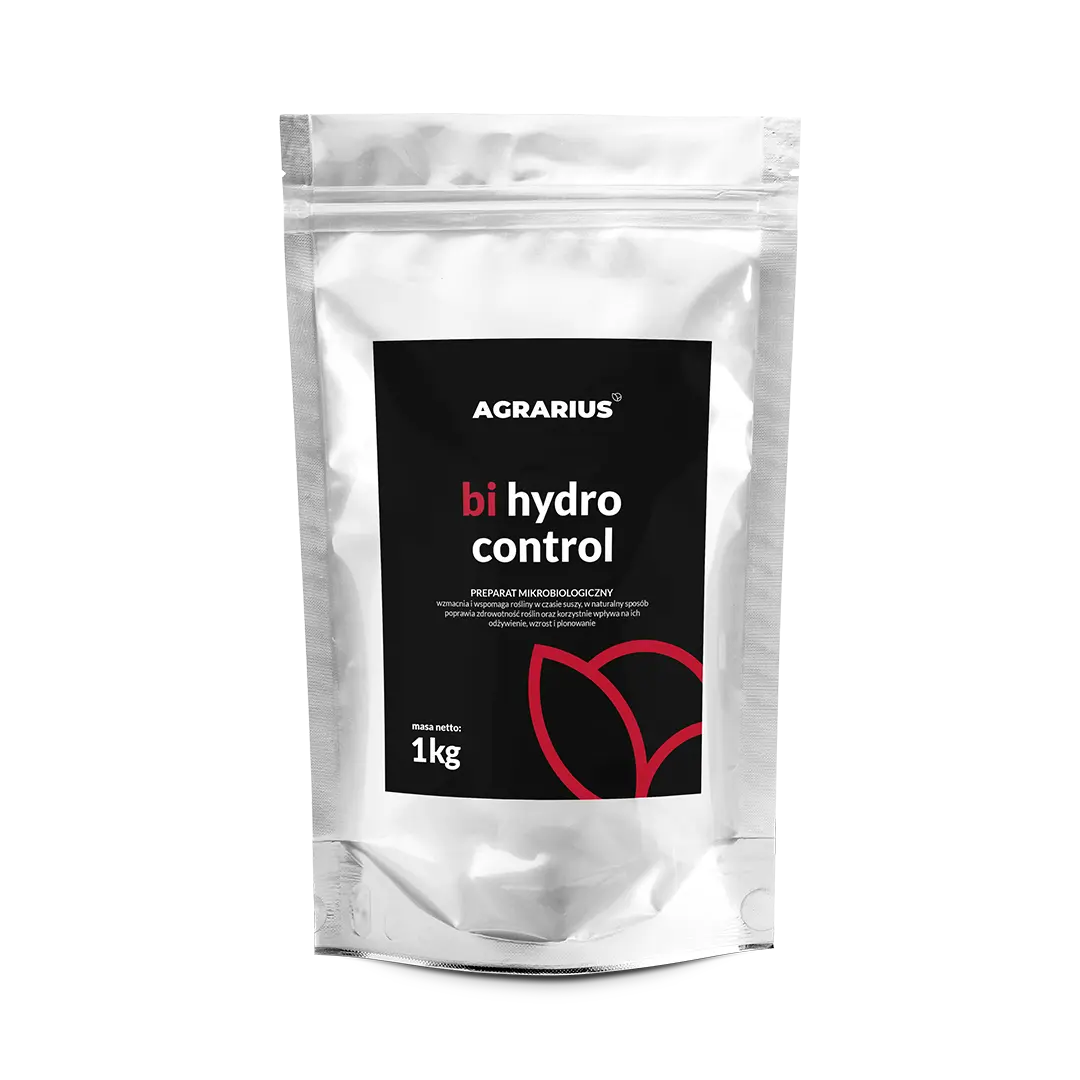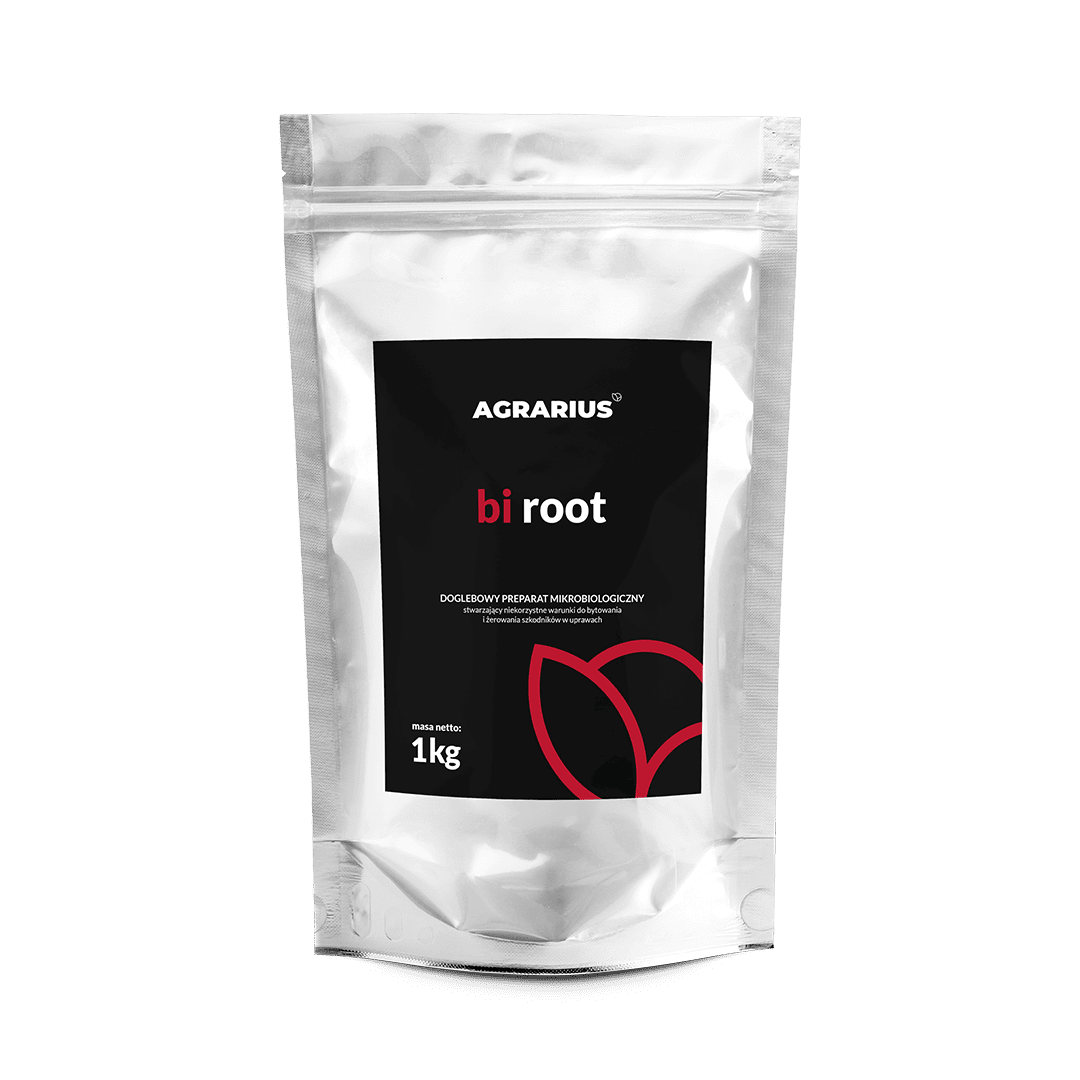PoliSil
Silicon Fertiliser
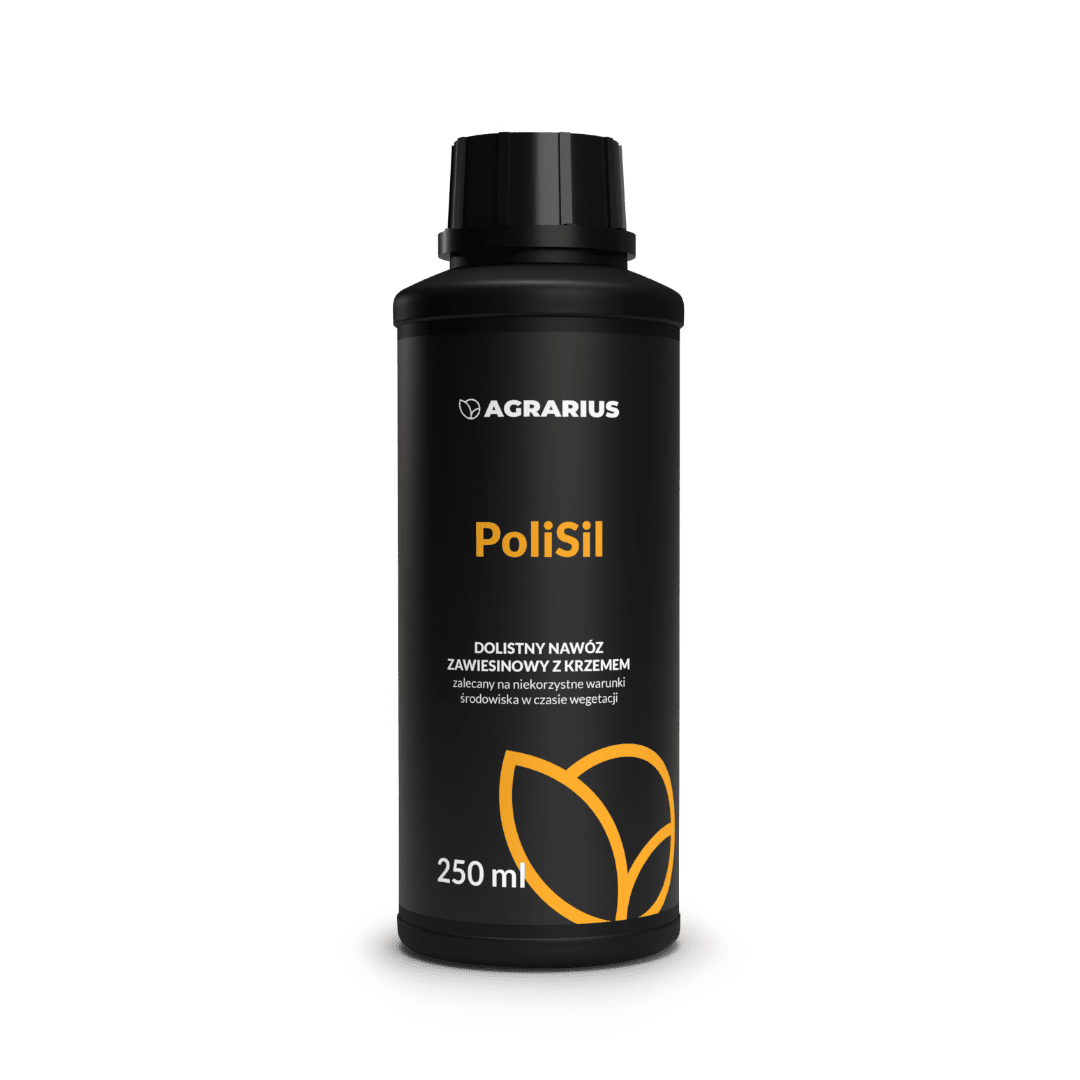
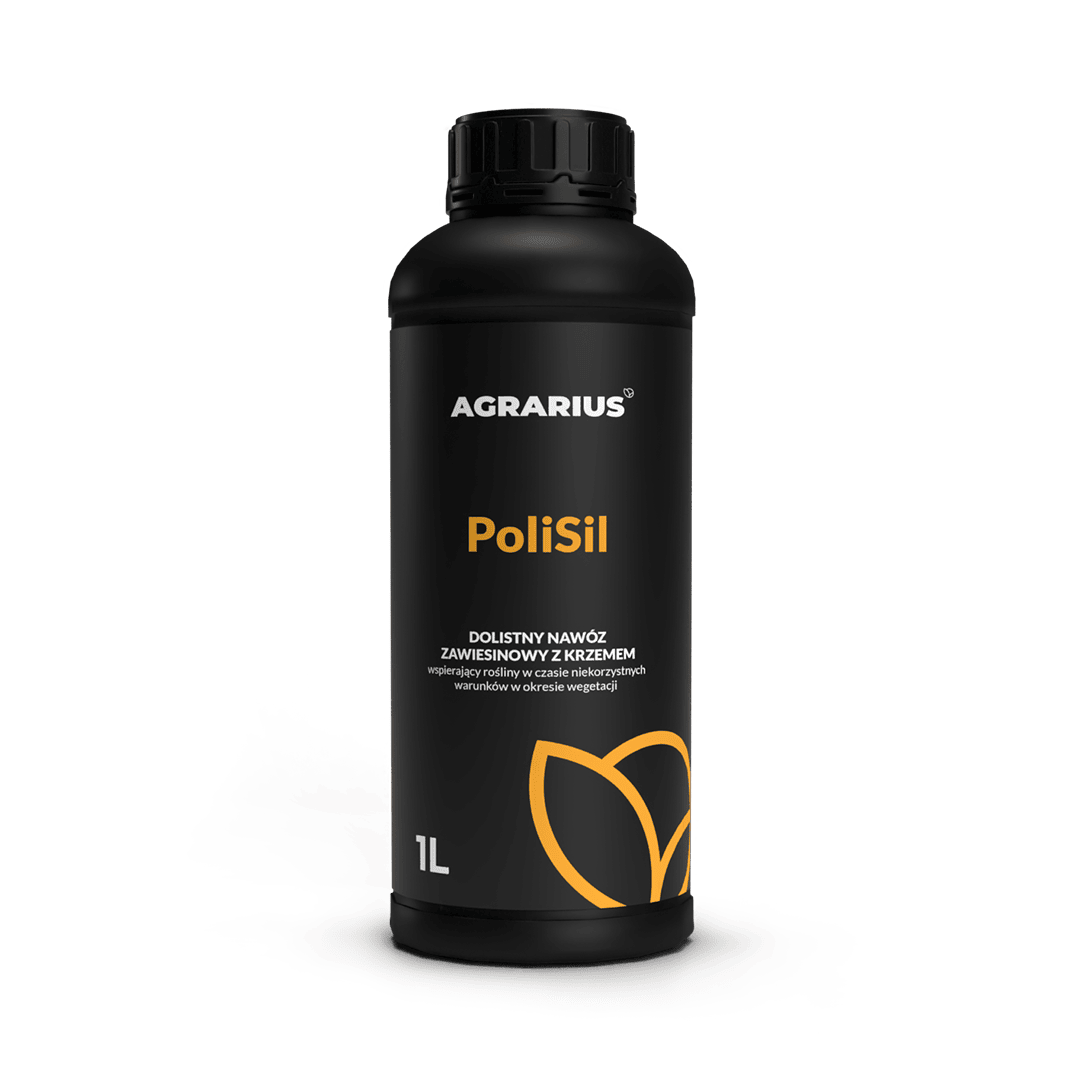
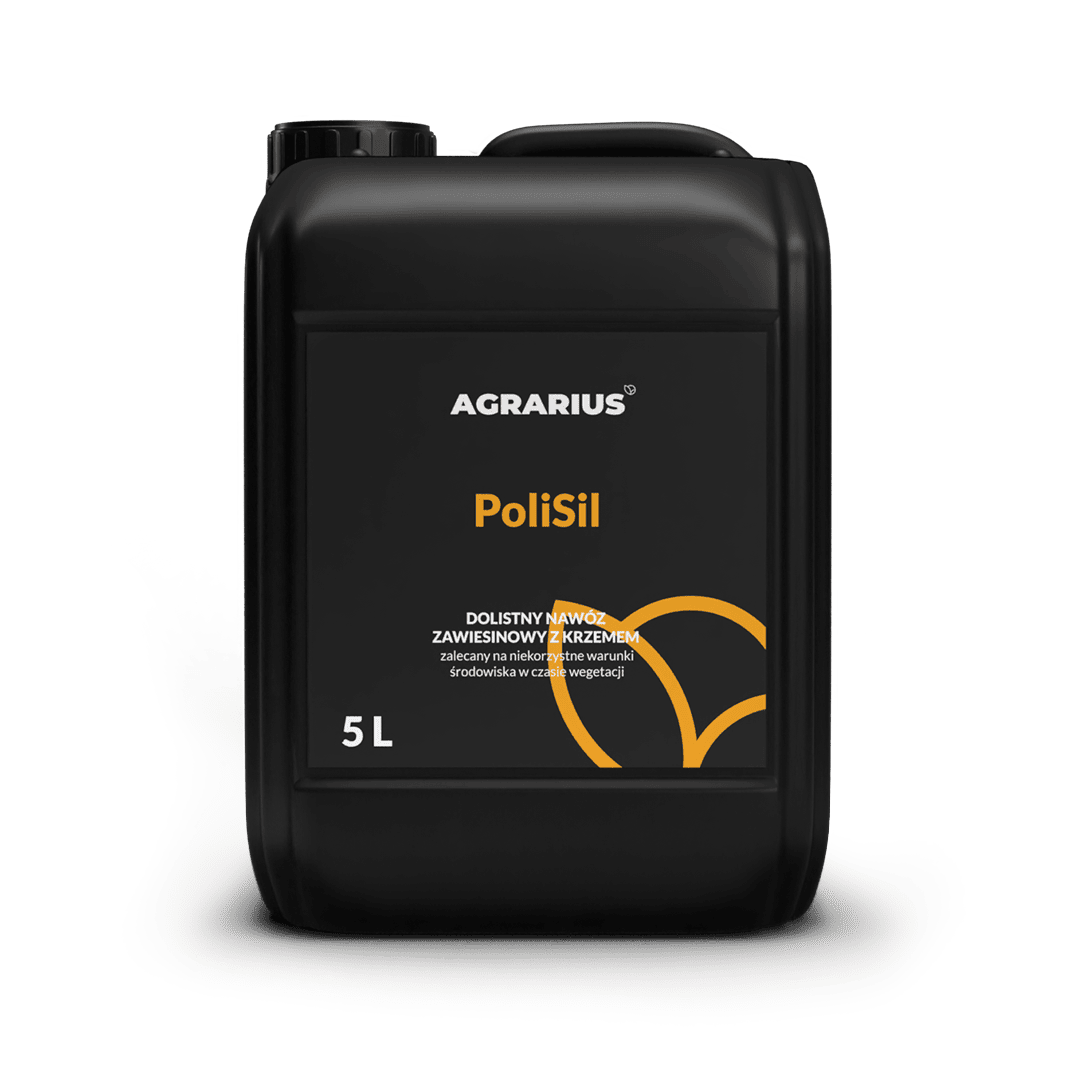
Benefits of use:
Product description:
Silicon improves plant photosynthesis efficiency and positively affects ion balance in their cells. Its use in cultivation also contributes to reducing the harmful effects of heavy metals such as aluminium, cadmium, zinc, iron, and manganese.
The innovative technology used in the PoliSil fertiliser guarantees the effectiveness of silicon in the form of silica and clay minerals, which form a double layer of cuticle under the plant's epidermis. The cuticle plays a primary role in protecting the plant from water loss and substances present in the cell wall. The silicon-saturated cuticle layer acts as a barrier preventing fungal hyphae, viruses, and bacteria from penetrating the plant's organism. Thanks to the mechanical properties of silicon-saturated cuticle, plant shoots are less susceptible to damage by insects (such as beetles, caterpillars), and it is also more difficult for them to puncture plant cells (such as aphids, spider mites, thrips, nematodes, and others). Additionally, the reinforced cuticle protects the plant from damage caused by abiotic factors, such as mechanical conditions and frost.
The addition of zinc (Zn) to silicon fertiliser significantly enhances plant resistance to diseases and increases the efficiency of nitrogen fertilisation processes. Zinc plays a significant role in a range of physiological processes occurring in plants, resulting in a beneficial impact on the quantity of yield obtained.
Silicon in various forms 40% (w/w), zinc 2% (w/w).
| CROP | DOSAGE | APPLICATION |
|---|---|---|
| Field crops, orchard crops, vegetables | 1-2 l / 200-300 l water/ha | 2 - 3 treatments per season |
